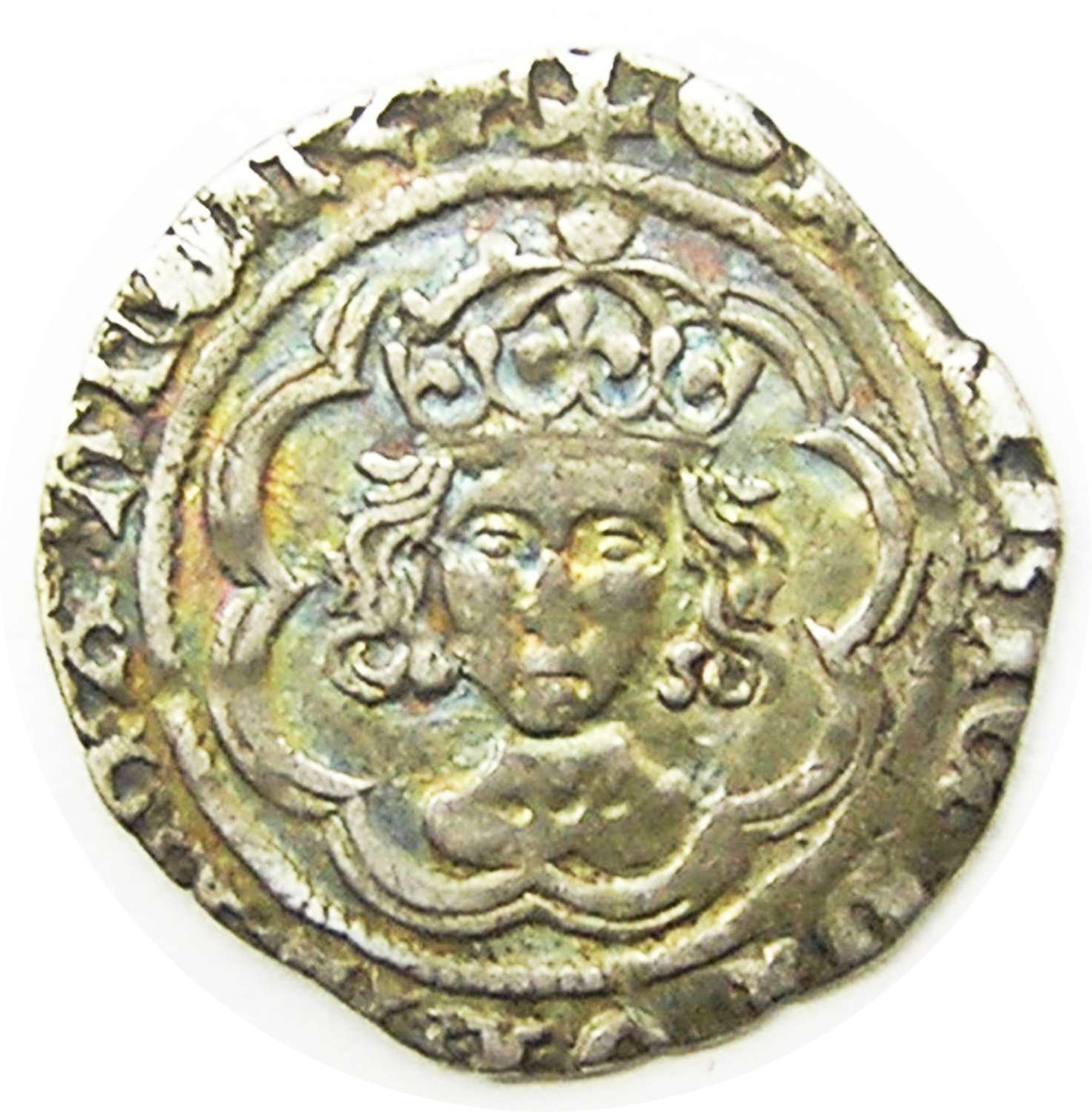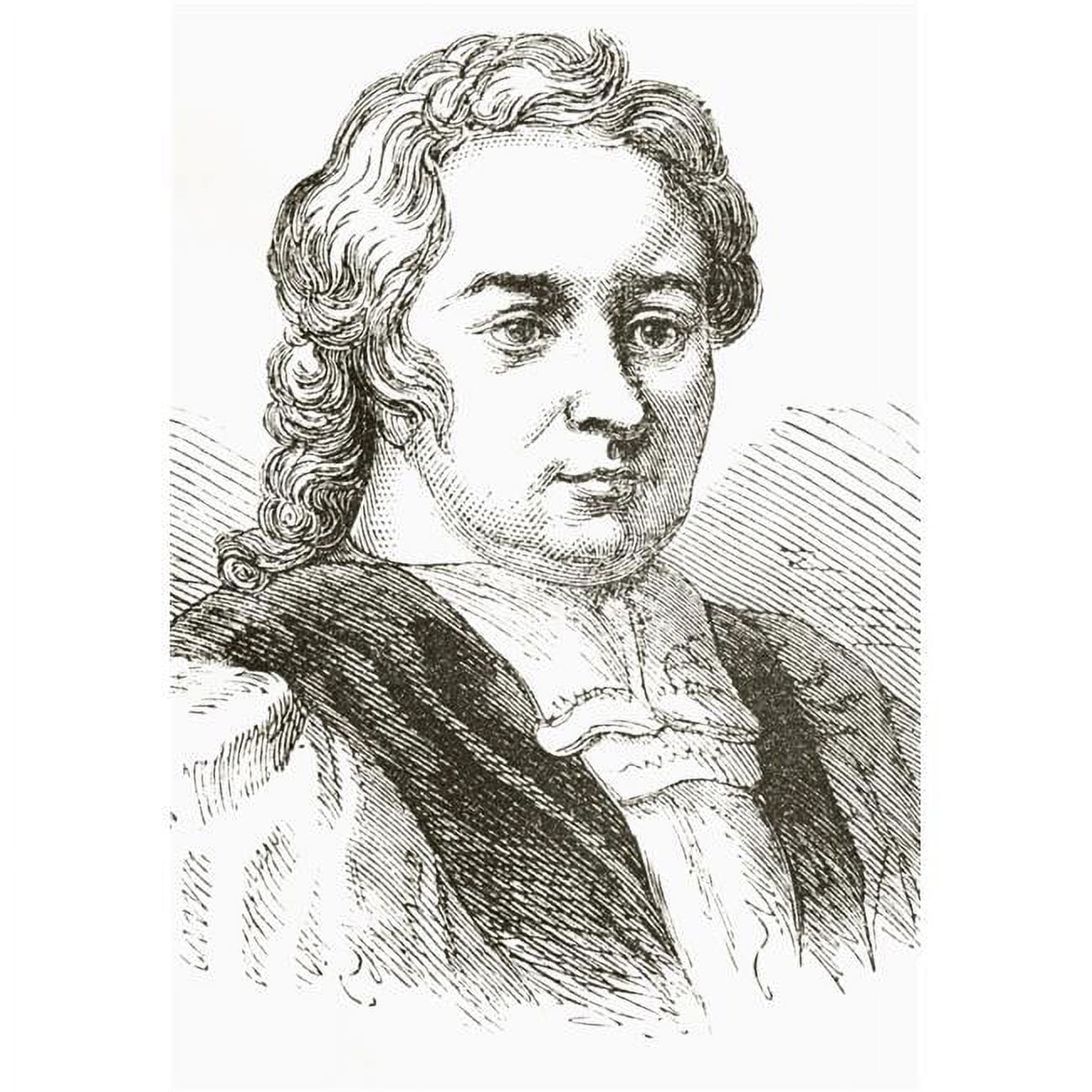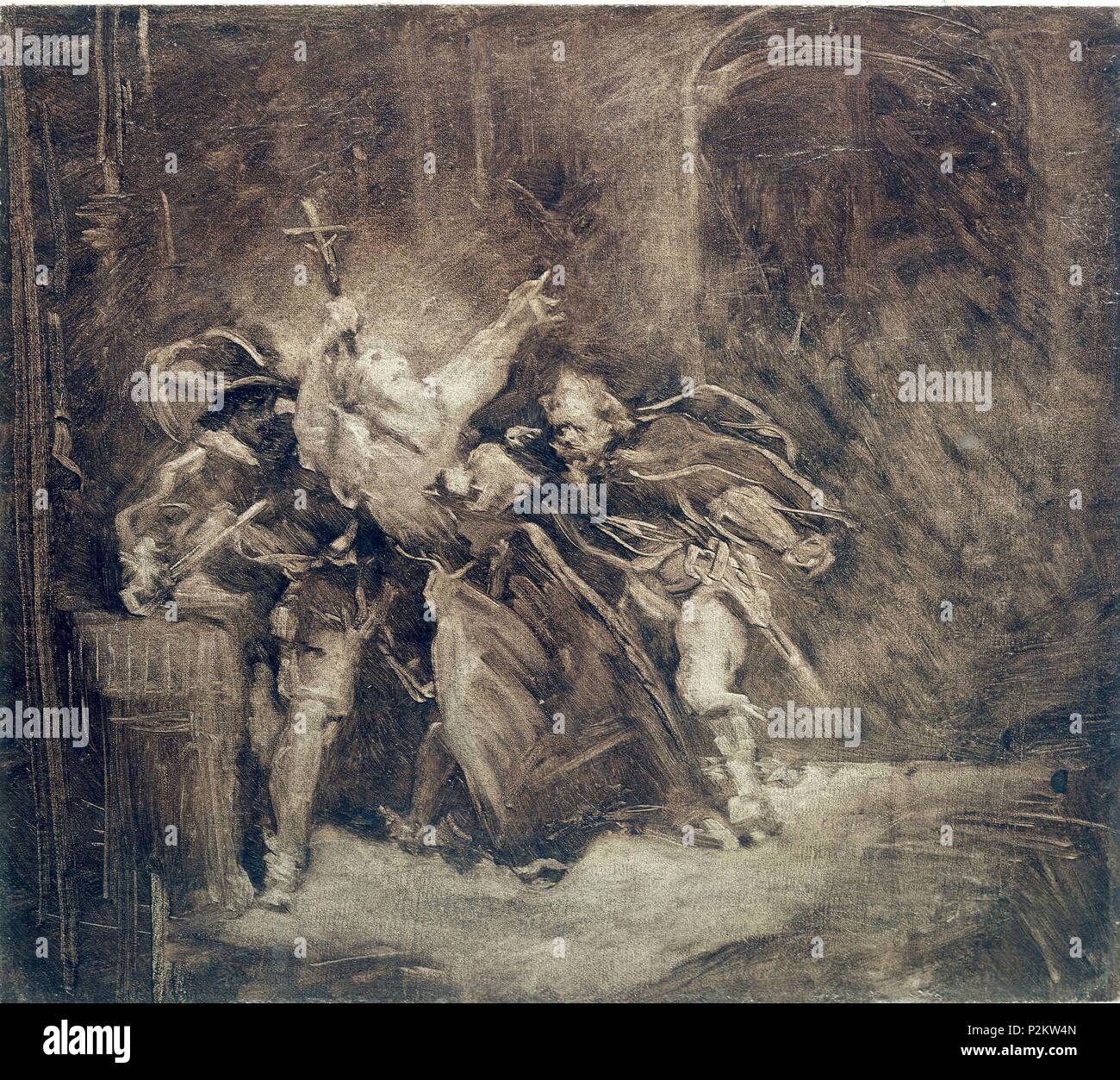John Morton: Archbishop Of Canterbury And Lord Chancellor Of England
Who was John Morton: Archbishop Of Canterbury And Lord Chancellor Of England? He was an English churchman, bishop, cardinal, and statesman who served as Archbishop of Canterbury and Lord Chancellor of England under King Henry VII.
Editor's Notes: John Morton: Archbishop Of Canterbury And Lord Chancellor Of England has published today. This guide will bring you the information you need to know about John Morton: Archbishop Of Canterbury And Lord Chancellor Of England.
We’ve taken the time to analyze John Morton: Archbishop Of Canterbury And Lord Chancellor Of England, dig into the information, and put together this guide to help you make the right decision.
Key takeaways:
1. John Morton was born in Dorset, England, in 1420.
2. He was educated at Oxford University and became a priest in 1448.
3. He served as Bishop of Ely from 1479 to 1486 and as Archbishop of Canterbury from 1486 to 1500.
4. He was also Lord Chancellor of England from 1487 to 1500.
5. He died in London in 1500.
6. Archbishop Morton was a controversial figure, but he was also a skilled politician and administrator.
7. His work helped to stabilize the Tudor dynasty and bring England out of the Wars of the Roses.
John Morton was a complex and fascinating figure, and his life and work have been the subject of much study.
Main article topics:
1. Early life and education
2. Career in the church
3. Archbishop of Canterbury
4. Lord Chancellor of England
5. Death and legacy
FAQ
This section provides answers to some of the most commonly asked questions about John Morton, the Archbishop of Canterbury and Lord Chancellor of England.

King Henry VII Silver Half Groat Archbishop Morton Canterbury - Source www.ancient-jewellery.com
Question 1: Who was John Morton?
John Morton was an influential English bishop and statesman. He served as Archbishop of Canterbury and Lord Chancellor of England during the 15th century.
Question 2: What were John Morton's major accomplishments?
Morton played a key role in the establishment of the Tudor dynasty. He was a key adviser to King Henry VII and helped to secure the throne for the new king. Morton also reformed the English legal system and established the Court of Star Chamber.
Question 3: What was Morton's role in the War of the Roses?
Morton supported the House of Lancaster during the War of the Roses. He was captured by the Yorkists and imprisoned in the Tower of London. However, he was later released and went on to become a key figure in the Lancastrian victory.
Question 4: What were Morton's religious beliefs?
Morton was a devout Catholic. He was a strong advocate for the Church and opposed the spread of Protestantism.
Question 5: What was Morton's legacy?
Morton was a complex and controversial figure. He was a powerful and ambitious man who played a significant role in English history. His legacy is still debated today.
In conclusion, John Morton was a significant figure in English history. He was a key player in the establishment of the Tudor dynasty and helped to shape the course of English law and religion.
Tips from John Morton: Archbishop Of Canterbury And Lord Chancellor Of England
Tip 1: Be a good listener.
John Morton: Archbishop Of Canterbury And Lord Chancellor Of England
John Morton, a figure who wielded significant power in 15th century England, held two prestigious positions: Archbishop of Canterbury and Lord Chancellor. These roles, central to both the ecclesiastical and political landscape, allowed him to play a pivotal role in shaping the nation's religious and legal fabric.
- Archbishop of Canterbury: As the highest-ranking cleric in England, Morton oversaw the Church and played a prominent role in religious matters.
- Lord Chancellor: As the keeper of the Great Seal, Morton was responsible for authenticating royal documents and presiding over the Court of Chancery.
- Political Influence: Morton's dual roles granted him immense political influence, making him an advisor to kings and a key figure in shaping government policies.
- Academic Accomplishments: Before his ecclesiastical and political career, Morton was a renowned scholar and diplomat, known for his diplomatic missions to Burgundy and Rome.
- Role in the Wars of the Roses: During the turbulent Wars of the Roses, Morton played a crucial role in restoring peace and stability, supporting the Yorkist cause and helping to secure the throne for Edward IV.
- Educational Patronage: Morton was a patron of education, establishing a chantry and grammar school in his hometown, which continues to thrive to this day.
These key aspects highlight John Morton's multifaceted character and the significant impact he had on both the religious and political landscape of England. His ability to navigate complex political and ecclesiastical waters, combined with his diplomatic skills and commitment to education, left a lasting legacy that extended beyond his lifetime.

John Tillotson 1630 To 1694, English Cleric. Archbishop of Canterbury - Source www.walmart.com
John Morton: Archbishop Of Canterbury And Lord Chancellor Of England
John Morton, a prominent figure in 15th century England, served as both the Archbishop of Canterbury and the Lord Chancellor, holding significant influence in both the ecclesiastical and political realms. The connection between these two roles lies in the dual nature of Morton's responsibilities and the broader historical context of the time.

German school. Thomas Becket Murdered on 29 December 1170. Chancellor - Source www.alamy.com
As Archbishop of Canterbury, Morton was the head of the English Church, responsible for its spiritual leadership and administration. As Lord Chancellor, he was the highest-ranking legal official in the kingdom, presiding over the Court of Chancery and advising the king on matters of law and governance.
The combination of these roles allowed Morton to play a crucial role in shaping both the religious and political landscape of England. He was instrumental in reforming the church, implementing policies that strengthened its authority and promoted education. Simultaneously, he used his legal expertise to support the Yorkist dynasty during the War of the Roses, contributing to the stability of the realm.
Morton's tenure as Archbishop and Lord Chancellor also exemplifies the close relationship between church and state in medieval England. The church held significant temporal power, and its leaders often played key roles in government. Morton's dual roles allowed him to navigate this complex relationship, balancing the interests of both institutions.
Ultimately, John Morton's connection to both the ecclesiastical and political spheres was a reflection of his exceptional abilities and the broader context of his time. His influence extended beyond his own lifetime, shaping the development of the English Church and legal system for centuries to come.
Discover The Enchanting Pinnacle Of The Isle Of Skye: Aj Storr, Damon Wayans Jr.: The Witty Son Of A Comedy Legend, Michael Smerconish: Preserving American Democracy In A Polarized Era, Top 10 NFL Draft Prospects To Watch In 2023: Future Stars Of The Gridiron, Sharks: Apex Predators Of The Marine Ecosystem, Adbert Alzolay: Rising Star And Future Ace Of The Chicago Cubs, All American Season 7: The Gridiron Legacy Continues, Giannis Antetokounmpo: The Greek Freak's NBA Statistical Dominance, Lil Rel: Stand-Up Comedian, Actor, And Star Of 'Get Out', The Tormented Souls Of Sinners: A Journey Through The Abyss Of Broken Promises,